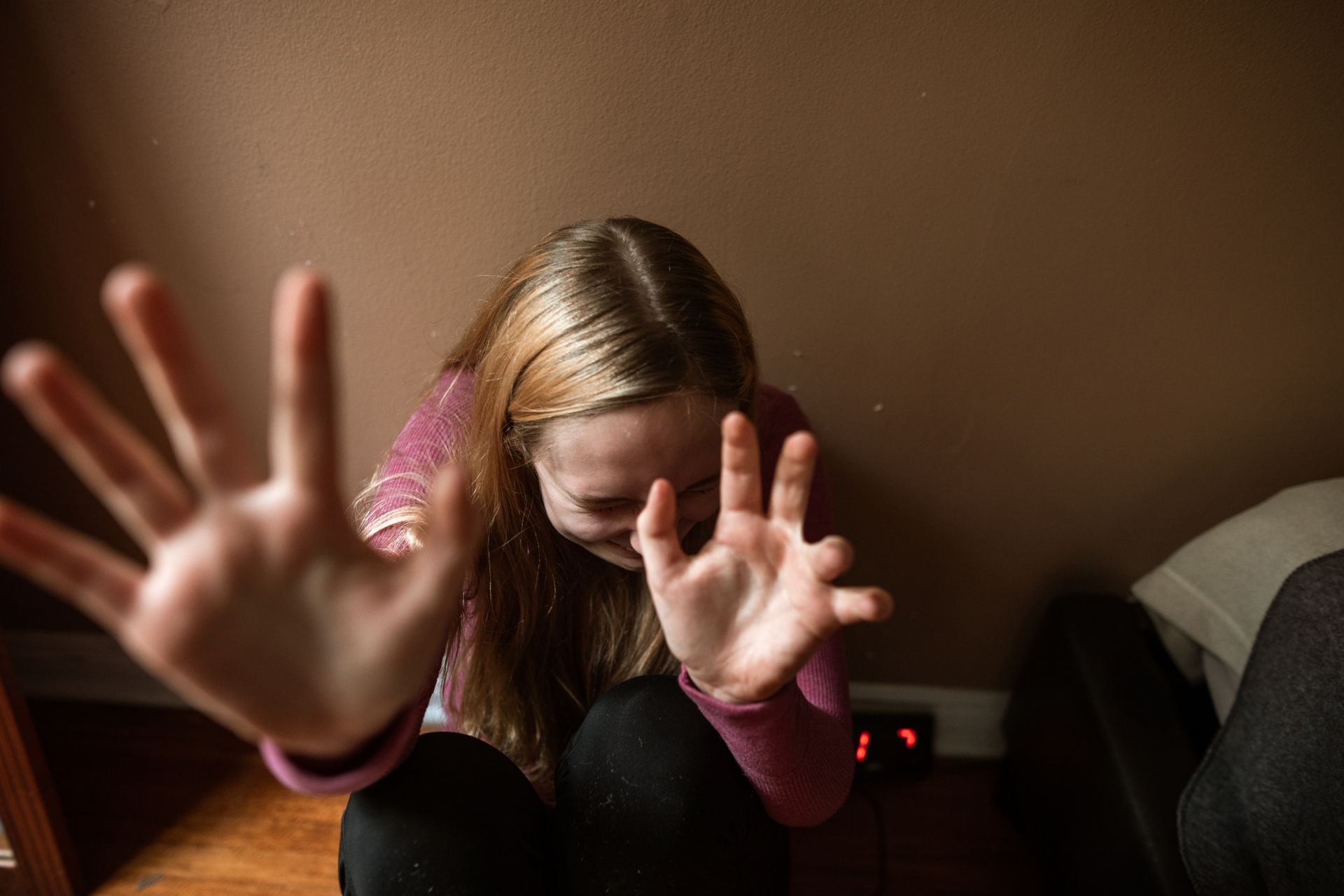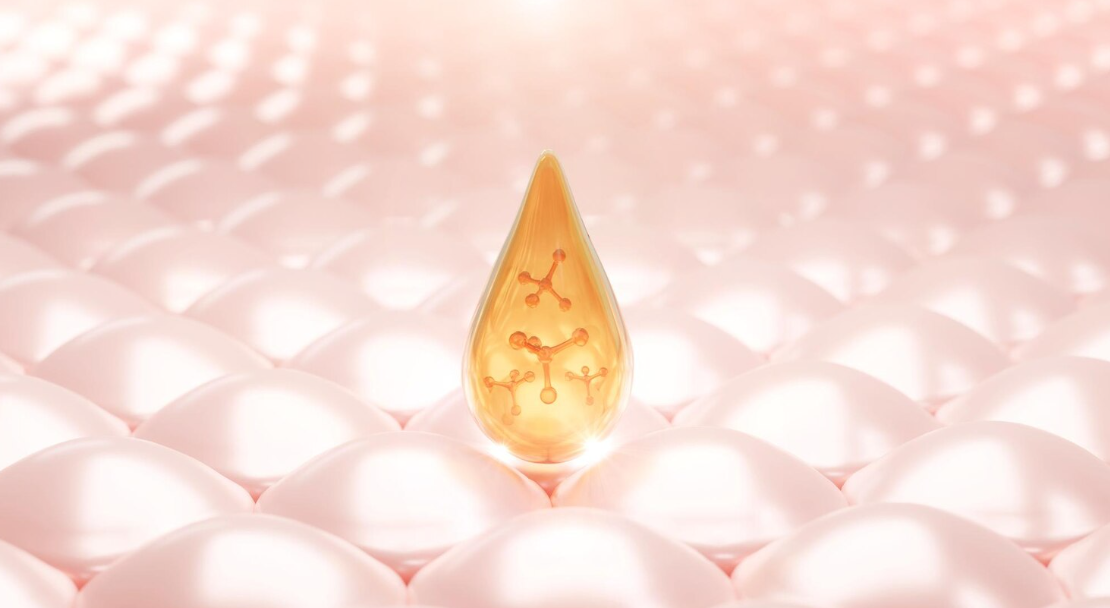Unlocking Hope: Trauma Therapy and TMS for PTSD Recovery

Navigation links
Free Consultation
It's important to know that you are not alone. Get help with depression today!
TMS THERAPY SUPPORTS MENTAL WELLNESS
- Depression
- Lack of Joy
- Sadness and Despair
- Low Mood
- Lethargy
- Insomnia
- Oversleeping
- Social Isolation
- Self-Harm
- Substance Abuse
- Suicidal Ideation
- Alcoholism
Post-Traumatic Stress Disorder, or PTSD, brings an internal struggle often concealed behind brave faces and stoic exteriors. It is a silent storm, a relentless adversary that can profoundly disrupt lives, relationships, and daily functioning.
At Unchained Wellness Clinic, considered a Phoenix trauma center, we understand the weight of this issue and the pressing need for effective PTSD or trauma treatment. PTSD is more than a condition; it's a heavy burden that can impact every aspect of a person's life.
But there is hope. Keep reading to learn about the promise of Transcranial Magnetic Stimulation (TMS) as a groundbreaking approach to treating PTSD.
Understanding PTSD and Trauma
PTSD, at its core, is a complex mental health disorder that can develop after a traumatic event. These events often threaten one's life or physical integrity, leaving an indelible mark on the individual's psyche. PTSD manifests in a multitude of ways, affecting each person uniquely, but some common symptoms often emerge:
- Intrusive Memories: Individuals with PTSD may experience distressing and intrusive memories of the traumatic event. These memories can be vivid flashbacks, nightmares, or distressing thoughts.
- Avoidance: To escape the painful trauma reminders, individuals with PTSD might avoid places, people, or situations that trigger distressing memories. This avoidance can hinder their ability to engage fully with daily life.
- Negative Changes in Thinking and Mood: PTSD can lead to persistent negative emotions, including guilt, shame, or detachment from loved ones. It can also affect one's ability to experience positive emotions.
- Hyperarousal: Those with PTSD may experience irritability, difficulty sleeping, and a heightened startle response. This constant state of alertness can be exhausting and emotionally draining.
The Need for Specialized Trauma Therapy
Trauma, the underlying catalyst for PTSD, is a force that casts a long shadow on mental health and overall well-being. Recognizing that trauma encompasses a broad spectrum of experiences, ranging from combat exposure and accidents to interpersonal violence and childhood adversity, is crucial. These experiences, no matter their origin, have the potential to leave profound emotional scars.
Unfortunately for many, the ripple effect of trauma often extends beyond the initial event. It infiltrates every facet of life, from relationships to work, and can erode one's sense of safety and trust in the world. The emotional toll is substantial, often manifesting in depression, anxiety, and a diminished quality of life.
Given the multifaceted nature of PTSD and the intricate interplay between trauma and mental health, specialized trauma therapy is a critical component of the healing journey.
Limitations and Challenges of Traditional PTSD Treatments
Traditional treatment modalities for PTSD include Cognitive-Behavioral Therapy (CBT), Eye Movement Desensitization and Reprocessing (EMDR), Exposure Therapy, other forms of psychotherapy, and medication.
While these traditional treatments for PTSD have helped countless individuals regain control over their lives, they sometimes come with certain limitations and challenges:
- Variable Effectiveness: Not all individuals respond to traditional treatments similarly. What works for one person may work less effectively for another.
- Time-Consuming: Psychotherapy can be time-consuming and requires consistent commitment and effort.
- Medication Dependency: Relying solely on medication can lead to dependency and may not provide a long-term solution for some individuals.
- Treatment Resistance: Sometimes, individuals may not experience significant relief from traditional treatments.
Considering these challenges, it's crucial to explore innovative approaches like TMS as a complementary or alternative option for those seeking trauma therapy and relief from PTSD.
TMS for PTSD: A Promising Approach
TMS is a non-invasive neuromodulation technique offering remarkable potential in treating various mental health conditions, including depression and PTSD. At its core, TMS leverages magnetic fields' power to stimulate specific brain regions associated with mood regulation and emotional processing. It is also FDA-approved to help people with depression which is commonly linked to trauma therapy. TMS offers a unique advantage by directly targeting the neural circuits involved in the condition.
- Precise Brain Stimulation: TMS delivers focused magnetic pulses to specific areas of the brain known to be associated with PTSD, such as the prefrontal cortex. This precision allows for the modulation of neural activity in these regions.
- Neuroplasticity: The brain possesses an incredible capacity for change and adaptation, known as neuroplasticity. TMS harnesses this neuroplastic potential by promoting the formation of new neural connections and the reorganization of existing ones.
- Symptom Reduction: Through repeated TMS sessions, individuals can experience a reduction in the distressing symptoms of PTSD, such as intrusive thoughts, emotional numbing, and hyperarousal.
- Improved Quality of Life: Beyond symptom reduction, TMS therapy often leads to a notable enhancement in the quality of life for individuals grappling with PTSD. Common outcomes include restored sleep patterns, improved mood, and increased daily functioning.
- Minimal Side Effects: TMS tends to have minimal side effects and does not require anesthesia or sedation, making it an excellent option for those struggling with the adverse effects of medication.
Are you or a loved one seeking trauma therapy? TMS can be a vital solution—particularly for those who have not responded optimally to traditional treatments or want a treatment that allows them to continue their daily lives with minimal interruption.
Find PTSD Treatment at Unchained Wellness Clinic IN GILBERT ARIZONA
As a reputable provider of TMS, Unchained Wellness Clinic stands as a steadfast ally for individuals seeking relief from the burdens of PTSD and trauma.
Our team of dedicated professionals possesses a wealth of expertise and experience in treating PTSD and trauma. We understand that healing from this deeply impactful condition requires compassionate and specialized care.
Here's why you should consider reaching out to us for your trauma therapy needs:
- Multidisciplinary Approach: We take pride in our diverse team of professionals, each bringing a unique skill set. Integrating various disciplines ensures we address all facets of your well-being—nurturing your mind, body, and spirit.
- Customized Solutions: We wholeheartedly believe in the power of individualized care. There is no one-size-fits-all solution when it comes to wellness, and that's why we tailor our treatment plans to meet your unique needs and goals.
- Evidence-Based Practices: Our commitment to your well-being extends to using evidence-based practices and staying at the forefront of wellness advancements. We blend time-tested therapeutic modalities with cutting-edge techniques like TMS.
- A Supportive Community: Healing is enriched through connection and support, so our clinic provides a warm, nurturing environment.
- Sustainable Transformation: We are not interested in quick fixes or temporary solutions. Our focus is empowering you to sustain your wellness gains long after your time with us.
Break Free from PTSD with TMS TRAUMA THERAPY
If you or a loved one is seeking TMS treatment for PTSD near Phoenix, reaching out to Unchained Wellness Clinic is vital to reclaiming your life from the shadows of trauma. We are here to provide guidance, support, and a path to healing.
Don't hesitate to contact us for more information or to schedule a consultation. Your journey toward hope and recovery starts with a simple reach-out, and we are here to accompany you every step of the way.
Schedule a therapy session and together, we can break free from the chains that hinder progress and unlock the potential for a brighter, more fulfilling future.



